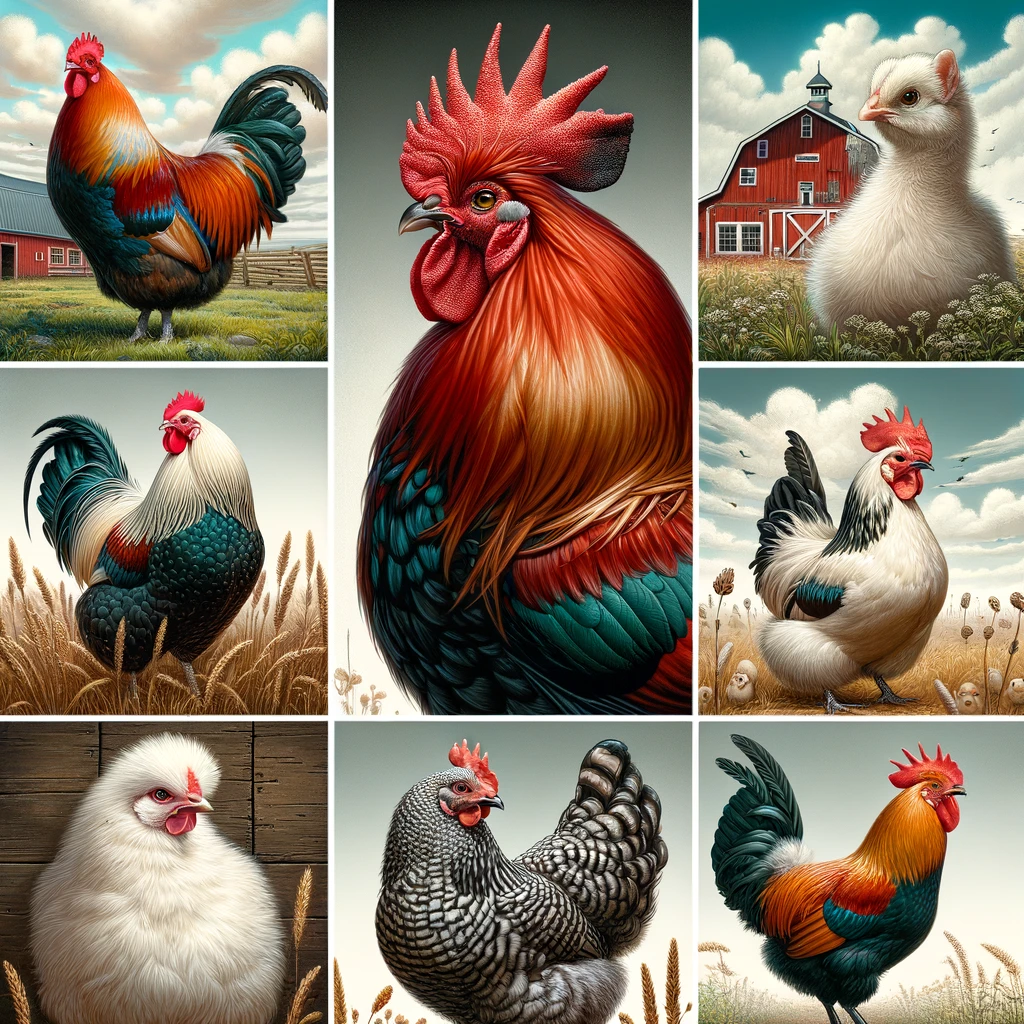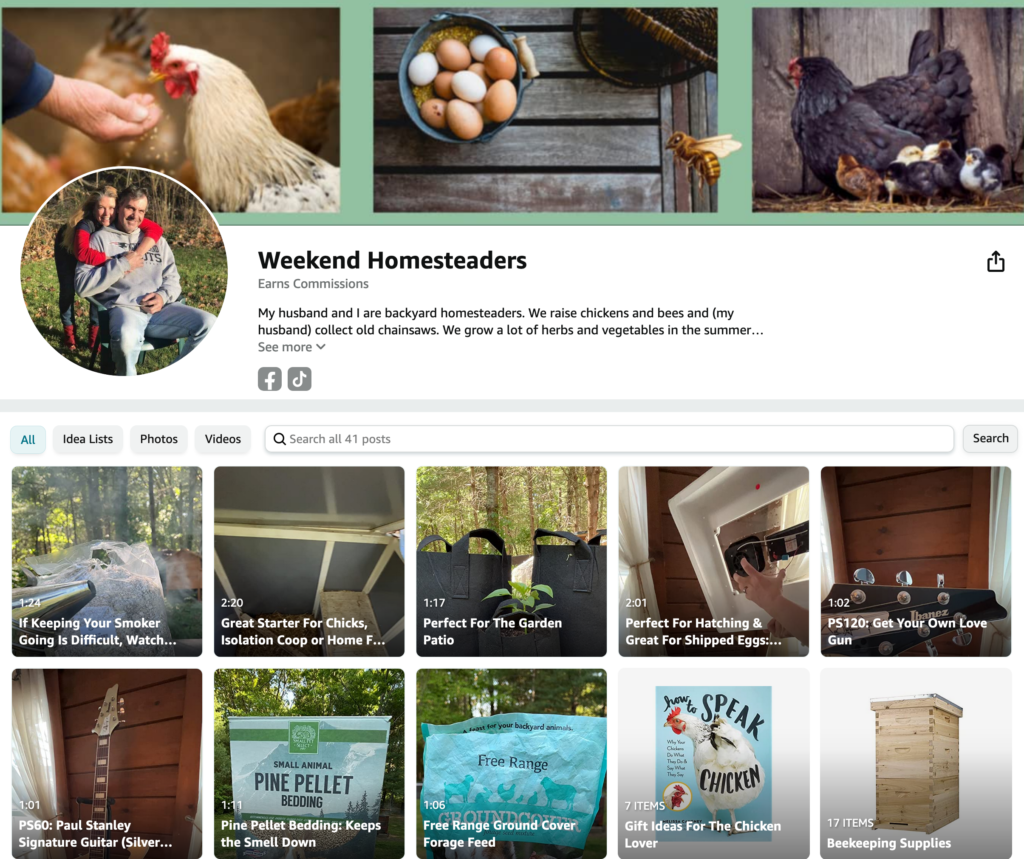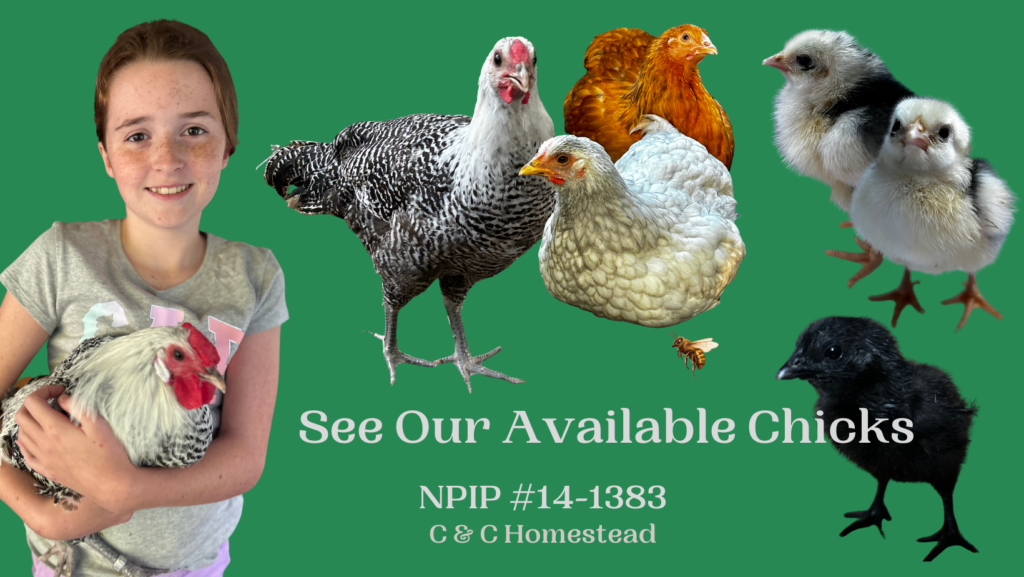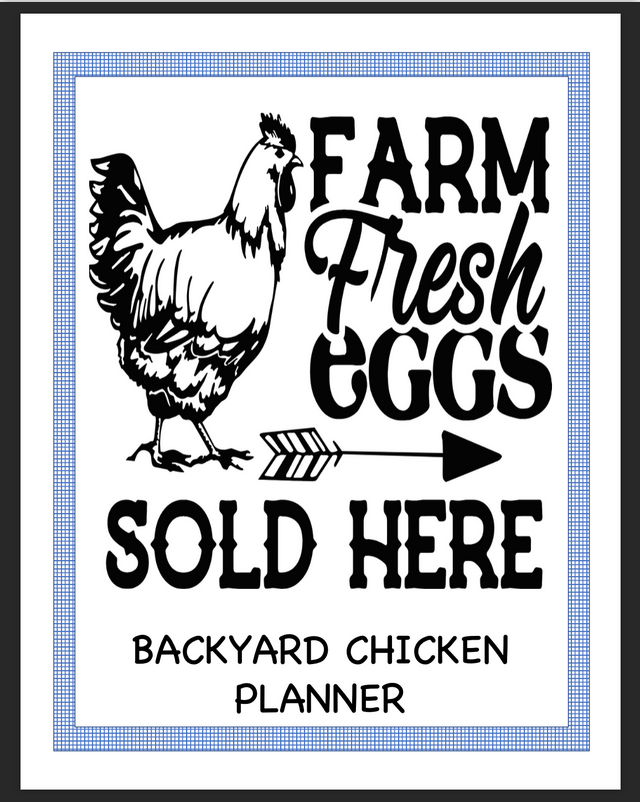Balancing Corporate & Homesteading Lifestyles
Choosing The Right Breeds For Your Flock

Choosing the right chicken breeds for your flock is a critical decision that can influence your experience with backyard poultry keeping. Whether you're interested in eggs, meat, companionship, or a combination, understanding the characteristics of different breeds helps ensure your chickens fit well with your lifestyle, environment, and goals.
Here's what you need to know to make an informed choice:
Purpose
First, define what you want from your chickens:
- Egg Production: If eggs are your main goal, consider breeds known for their laying capabilities, such as Leghorns, Rhode Island Reds, or Australorps, which can provide a steady supply of eggs.
- Meat Production: For meat, choose breeds that grow quickly and have a good feed-to-meat conversion ratio, like Cornish Crosses or Jersey Giants.
- Dual-Purpose: Breeds like Plymouth Rocks, Orpingtons, and Sussex chickens offer both reasonable egg production and a good size for meat.
- Ornamental: If you're interested in chickens as pets or for show, breeds like Silkies, Polish, or Cochins, known for their unique appearances and friendly temperaments, might be appealing.
Climate Adaptability
Consider your local climate and choose breeds that can thrive in your weather conditions:
- Cold Tolerance: Breeds with small combs and dense feathering, such as Wyandottes and Chanteclers, are better suited for cold climates as they're less prone to frostbite.
- Heat Tolerance: In warmer climates, breeds with larger combs and wattles, like Leghorns and Andalusians, are preferable as these features help them dissipate heat.
Temperament
The personality of the chicken breed can affect flock dynamics and your enjoyment of them:
- Docile Breeds: Breeds like Buff Orpingtons and Brahmas are known for their calm and friendly nature, making them great for families and as pets.
- Active Breeds: Some breeds, such as Leghorns and Anconas, are more independent and energetic, which might be less ideal for close handling but great for foraging.
Space Requirements
The amount of space you have available can also dictate the best breeds for your situation:
- Backyard or Small Spaces: Bantam breeds or smaller, more docile chickens like Silkies require less space and can be more suitable for smaller yards.
- Large Areas: If you have more space, you can opt for larger breeds or more active foragers, which will appreciate the room to roam.
Egg Color and Size
Egg color and size might also influence your choice of breed, though this is often a matter of personal preference:
- White Eggs: Breeds like Leghorns and Anconas lay white eggs.
- Brown Eggs: Breeds such as Rhode Island Reds and Plymouth Rocks are known for their large brown eggs.
- Blue/Green Eggs: For something a bit different, consider Araucanas, Ameraucanas, or Cream Legbars, which lay eggs in shades of blue and green.
Health and Care Needs
Some breeds are hardier and more resistant to diseases, while others may require more care and attention:
- Research the health predispositions of different breeds and consider your ability to meet their care needs, including space, nutrition, and potential veterinary care.
Integrating New Breeds
If adding to an existing flock, consider the temperament of your current chickens and the newcomers to ensure a smooth integration. Some breeds mix better with others, and understanding the social dynamics of chickens can help prevent issues.
By taking the time to research and consider these factors, you can select chicken breeds that will thrive in your environment, meet your goals, and bring joy to your homesteading experience. Remember, each breed has its unique characteristics and charm, making them a rewarding addition to any backyard or farm.
Here's a list of some of the most common chicken breeds, highlighting their qualities to help you make an informed decision.
Egg-Laying Breeds
- Leghorn
- Size: Medium
- Temperament: Active and can be flighty
- Climate: Adapts well to both hot and cold climates
- Egg Production: Excellent; lays large white eggs
- Rhode Island Red
- Size: Medium to large
- Temperament: Friendly and hardy
- Climate: Very adaptable to cold and moderate climates
- Egg Production: Excellent; lays large brown eggs
- Australorp
- Size: Large
- Temperament: Calm and friendly
- Climate: Hardy in various climates
- Egg Production: High; lays brown eggs
Meat Breeds
- Cornish Cross
- Size: Large
- Temperament: Docile
- Climate: Adaptable, but not as hardy as some breeds due to rapid growth
- Purpose: Primarily raised for meat due to fast growth and large size
- Jersey Giant
- Size: Very large
- Temperament: Gentle giants, calm
- Climate: Good in cold climates due to size and feathering
- Purpose: Dual-purpose but often raised for meat due to large size
Dual-Purpose Breeds
- Plymouth Rock
- Size: Large
- Temperament: Friendly and docile
- Climate: Hardy in cold weather
- Egg Production: Good; lays brown eggs
- Meat: Good quality, suitable for meat production
- Sussex
- Size: Large
- Temperament: Calm and curious
- Climate: Adaptable to both hot and cold climates
- Egg Production: Excellent; lays large brown eggs
- Meat: Good, considered a dual-purpose breed
- Orpington
- Size: Large
- Temperament: Very friendly and docile, great for families
- Climate: Does well in colder climates due to thick feathering
- Egg Production: Good; lays large brown eggs
- Meat: Plentiful meat production
Ornamental Breeds
- Silkie
- Size: Small to medium (bantam size)
- Temperament: Gentle and friendly, excellent pets
- Climate: Better in warmer climates; their unique feathering doesn't repel water well
- Purpose: Primarily ornamental and pet purposes; known for their unique fluffy plumage
- Polish
- Size: Medium
- Temperament: Active and can be skittish
- Climate: Adapts reasonably well but needs protection from the elements due to their fancy feathered crests
- Purpose: Primarily ornamental; known for their striking appearance and elaborate feathered crest
Special Egg Colors
- Ameraucana
- Size: Medium
- Temperament: Friendly and docile
- Climate: Adaptable to various climates
- Egg Production: Good; known for laying blue eggs
- Marans
- Size: Medium to large
- Temperament: Calm and friendly
- Climate: Hardy in various climates
- Egg Production: Good; known for their dark chocolate brown eggs
Each breed offers unique advantages, and your choice should align with your specific needs, preferences, and environment. Whether you prioritize egg production, meat yield, or simply the joy of keeping chickens, there's a breed that fits every backyard flock's requirements.



